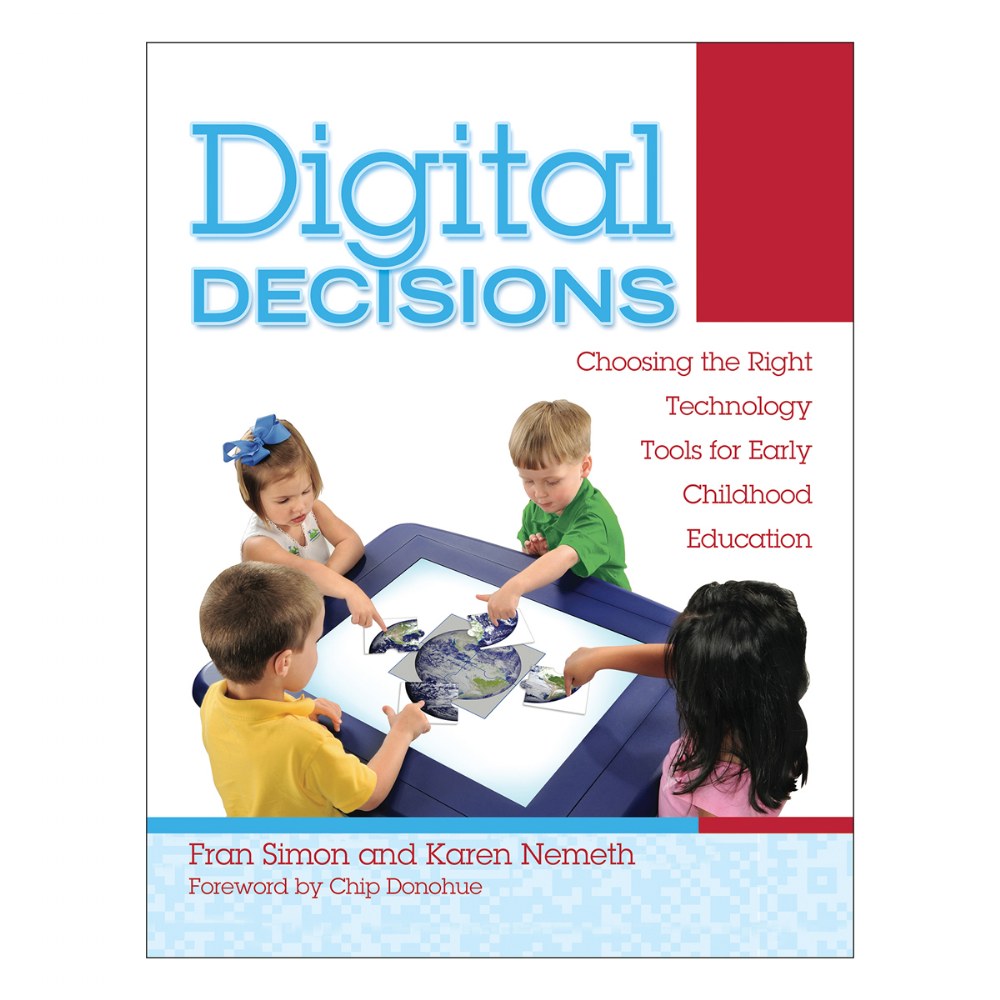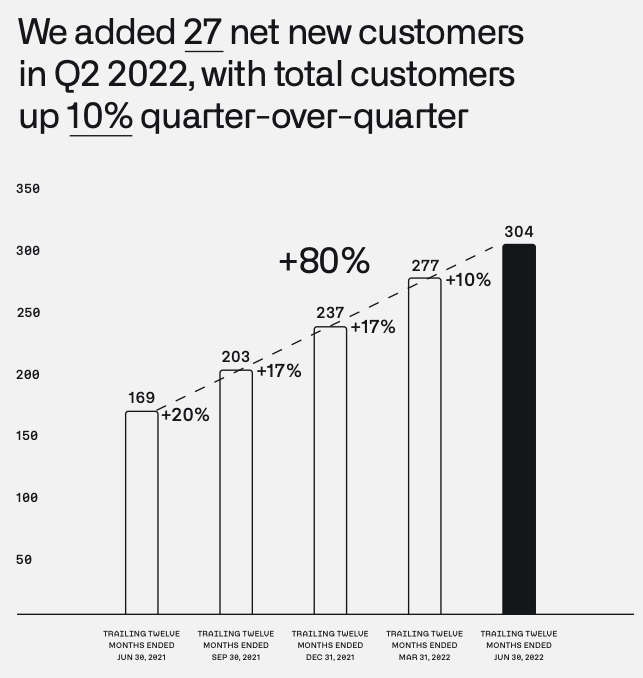The Fragility Of Early Childhood: Reconsidering Daycare Decisions

Table of Contents
The Crucial Role of Early Childhood Development
The first five years of a child's life are a period of unparalleled growth and development. This is a time of intense brain plasticity, meaning the brain is highly adaptable and receptive to new experiences. The foundations for future learning, social-emotional skills, and overall well-being are laid during this critical period. Choosing the right childcare setting significantly influences this trajectory.
- Brain plasticity is highest during early childhood: The brain forms trillions of connections during these formative years, making early experiences crucial for shaping brain architecture. Exposure to stimulating environments and enriching activities strengthens these connections, fostering cognitive development.
- Secure attachment shapes future relationships: The bond between a child and their caregiver is paramount. Secure attachment, fostered by consistent, responsive caregiving, builds trust and lays the groundwork for healthy relationships throughout life. Daycare environments should prioritize nurturing and secure attachment.
- Early learning experiences impact academic success: Research consistently shows a strong correlation between early childhood education and later academic achievement. Daycare programs offering structured learning activities and developmentally appropriate curricula can give children a significant head start.
- Exposure to enriching environments fosters cognitive development: A rich and stimulating daycare environment, filled with opportunities for play, exploration, and social interaction, encourages cognitive development, language acquisition, and problem-solving skills. Finding a daycare that prioritizes these elements is crucial.
Evaluating Daycare Quality: Beyond the Price Tag
While cost is undoubtedly a factor, selecting a daycare shouldn't solely depend on price. Several crucial elements contribute to high-quality childcare. It's important to look beyond the surface and delve into the specifics of the daycare's operation.
- Teacher-child ratio: A lower teacher-child ratio ensures each child receives more individualized attention and care. This allows for better supervision, more personalized learning, and stronger caregiver-child bonds.
- Caregiver qualifications: Inquire about the education, experience, and training of the caregivers. Look for staff with qualifications in early childhood education or related fields. Experienced and well-trained caregivers are better equipped to meet children's diverse needs.
- Curriculum: A well-designed curriculum should stimulate learning and development, encompassing various areas like language, literacy, math, science, and social-emotional skills. Ask about their approach to learning and how they cater to different learning styles.
- Safety measures: Thoroughly assess the daycare's safety protocols, including emergency plans, security measures, and health and hygiene practices. Safety should be a top priority.
- Environment: The physical environment should be clean, well-maintained, stimulating, and age-appropriate. Observe the space for cleanliness, age-appropriate toys and materials, and overall organization.
The Impact of Daycare on Child Development: Positive and Negative Aspects
Daycare can offer significant benefits, but it's also important to acknowledge potential drawbacks. A balanced perspective is essential when making informed daycare decisions.
- Benefits:
- Socialization: Daycare provides opportunities for children to interact with peers, learn social skills, and develop friendships.
- Structured activities: Daycares often offer planned activities that promote learning and development in various areas.
- Early learning opportunities: Many daycares incorporate early learning programs, giving children a head start in academic skills.
- Drawbacks:
- Potential for increased illness: Children in daycare settings are more exposed to germs, potentially leading to more frequent illnesses.
- Separation anxiety: Separation from parents can cause stress and anxiety in some children, particularly during the initial adjustment period.
- Varying levels of caregiver sensitivity: The quality of care can vary significantly depending on the individual caregivers and the daycare's overall approach to child care.
Alternatives to Traditional Daycare: Exploring Options for Childcare
Traditional daycare isn't the only option. Several alternatives provide different approaches to childcare, each with its own set of advantages and disadvantages.
- In-home care: Offers personalized attention and a familiar environment but may lack socialization opportunities.
- Family childcare: Provides a home-like setting, but quality and licensing can vary considerably.
- Preschool programs: Focus on early learning and often have more structured activities.
- Nanny shares: A cost-effective solution, but requires careful selection of a nanny and coordination of schedules.
Making Informed Daycare Decisions: A Step-by-Step Guide
Choosing the right daycare requires careful consideration and research. Here's a step-by-step guide:
- Create a list of priorities and needs: Consider your budget, your child's temperament, your work schedule, and your values.
- Visit potential daycares and observe the environment: Observe interactions between staff and children, assess the cleanliness and safety, and get a feel for the atmosphere.
- Talk to other parents and staff members: Gather feedback from other parents and gain insights into the daycare's strengths and weaknesses.
- Check licensing and safety regulations: Verify that the daycare is licensed and adheres to all relevant safety regulations.
- Trust your instincts: After careful research and observation, trust your gut feeling about which daycare feels right for your child.
Conclusion
The decision regarding your child's daycare is a deeply personal one, significantly impacting their development. By carefully considering the fragility of early childhood and weighing the various factors discussed above—from daycare quality to alternative options—you can make informed daycare decisions that best support your child's well-being and future success. Don't hesitate to thoroughly research and compare different daycare options before making a final decision. Remember, the right daycare choice can lay the foundation for your child's thriving future. Take the time to thoughtfully consider your daycare decisions and choose wisely.

Featured Posts
-
 Analysis Indias Ascent In Global Power Rankings Second Only To
May 09, 2025
Analysis Indias Ascent In Global Power Rankings Second Only To
May 09, 2025 -
 Palantir Stock Analysis Is It A Good Investment
May 09, 2025
Palantir Stock Analysis Is It A Good Investment
May 09, 2025 -
 Aoc Vs Pirro A Brutal Fact Check Breakdown
May 09, 2025
Aoc Vs Pirro A Brutal Fact Check Breakdown
May 09, 2025 -
 Navigating The Elizabeth Line A Wheelchair Users Guide To Accessibility
May 09, 2025
Navigating The Elizabeth Line A Wheelchair Users Guide To Accessibility
May 09, 2025 -
 Williams Wolff On Doohan Amidst Colapinto Driver Speculation
May 09, 2025
Williams Wolff On Doohan Amidst Colapinto Driver Speculation
May 09, 2025
